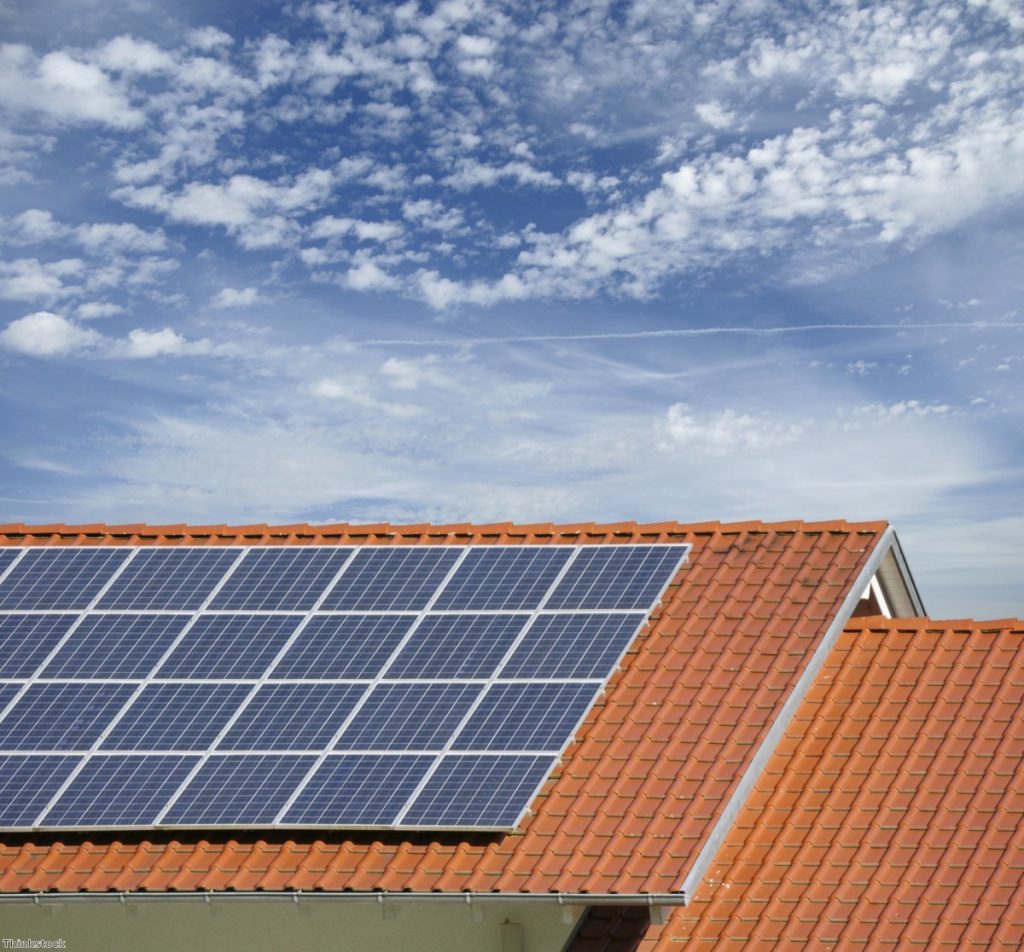Nothing is truly predictable in electoral politics, but the chances of Labour overcoming a record-breaking electoral deficit to win the next general election look much higher than they did three and a half years ago, when Boris Johnson won his Brexit majority.
Sir Keir Starmer, then, is preparing for government by rolling out, little by little, Labour’s policy platform. There’s plenty of comfortable ground, from cutting NHS waiting lists to abolishing non-dom tax status. But one policy area still raises more questions than answers: energy.
In one sense, Labour should have an easy task on their hands. The Conservatives have been in government for thirteen years. In that time, awareness of climate change has increased dramatically. The past year has seen a cost-of-living crisis sparked by skyrocketing energy bills. The slam dunks for the Opposition almost write themselves. The government’s lunch is there for the taking.
Under the surface, though, things are more complex than they seem. Labour must balance various disparate aims under a single energy policy umbrella. Avoiding a repeat of Putin’s winter threats of blackouts is a must, so energy security – not having to rely on imported energy from abroad when shortages hit the market – is non-negotiable.


At the same time, Labour has also staked its flag in creating a ‘greener future’, meaning a Labour government is likely to pick up the baton of the race to net-zero. Fossil fuels are out, renewables are in. The third aim – ‘keeping bills down’ – might be the toughest of them all.
Achieving all these things simultaneously will be no mean feat. Fracking, for example, although helpful for the first aim (energy security) and probably the third (keeping bills down) is inconvenient when chasing the second (net-zero) and therefore off the table. Various tensions like this make policymaking tough for the Opposition.
Labour, then, feels it must build new energy infrastructure within British borders to increase domestic supply and limit household costs, but it can’t invest in fossil fuels. Although Starmer occasionally expresses interest in nuclear power, Labour’s enthusiasm seems to be reserved for wind and solar.
The Conservative government has come under much criticism for its lack of commitment (bar Liz Truss) to allowing onshore wind projects. In 2022, England built just two onshore wind turbines. Starmer seems to be positioning his party to capitalise on this perceived failure. In the run-up to the next general election, he may even offer a numerical commitment for how many onshore wind farms his government will build.
On solar, the wheels are already in motion. Construction recently began on Project Fortress in Kent, the UK’s largest solar farm to date. It joins hundreds of other similar projects across the country, such as a site in Bramley and Silchester, Hampshire, where arable farmland is being signed away to renewable energy companies to build solar farms, even as food inflation worsens.
All these new projects will be expensive. It remains unclear how Starmer will pay for his renewable energy infrastructure spending spree. Even with a beefed-up windfall tax on energy companies, he can only expect to raise a few extra billion. That would be a short-term solution; it would scare innovators and investors away from Britain (more than they already have been) which is far from ideal when shoring up energy security remains essential too.
This is where Labour retreats to comfortable ground: nationalisation. Starmer speaks with great enthusiasm about ‘GB Energy’, his proposed new public energy company. Unfortunately, this solution is unlikely to achieve Labour’s disparate aims on energy policy.
As sadly seems to now be the norm in British politics, GB Energy appears to involve the state taking on greater responsibility (and greater costs) in the short term and adding to the country’s growing debt pile for the long term. That’s very risky and looks set to be very pricey once the tricky practicalities pile up.
Even with a flood of new solar farm projects, for example, we are still at a very early stage in the solar-ification of Britain, a lack of capacity in the energy grid is already putting in-progress solar projects 10-15 years behind schedule (as industry body Solar Energy UK admits). As is the case with most government infrastructure investments, the true cost of switching Britain to wind and solar will be much greater than any upfront headline figure.
Labour is trying to spin too many plates with its energy platform, resulting in a set of policies which is light on detail and lacks long-term planning. As enthusiastic as we may all be about the idea of a green energy revolution in the abstract, constructing a workable plan to execute it when in government is much more difficult than it first seems.
Labour should resist the urge to lunge for green goodies in the short-term without properly considering the long-term costs of the decisions they make when – if – they enter government.
Jason Reed is a writer and broadcaster on politics and policy for a wide range of outlets.

